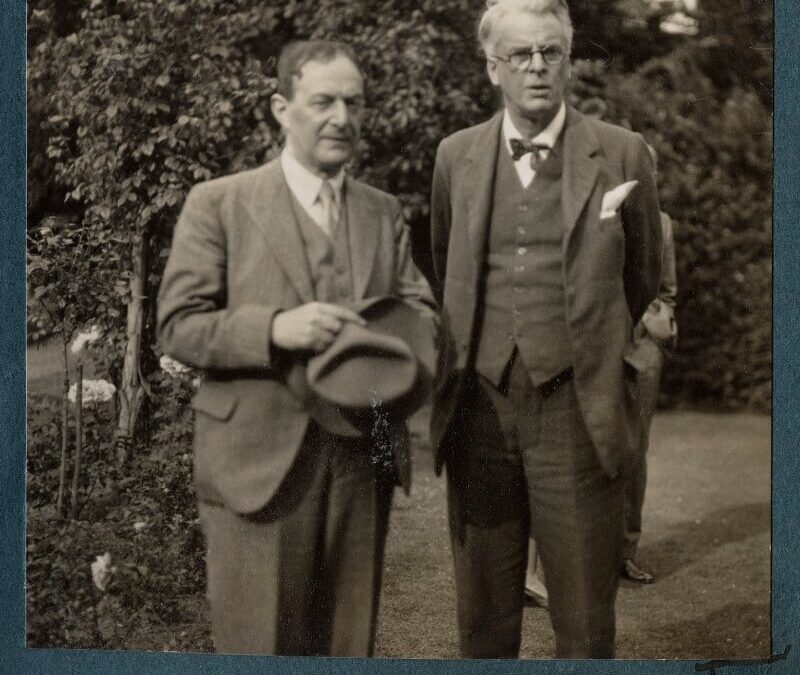Alas, Miss Curtis has suffered a self-inflicted delusion, and she is crushed.
Toting a bag of strawberry jam sandwiches and a tea thermos, Miss Curtiss sadly lost herself in a miasma of unrequited love while on a holiday picnic. Walter De La Mare’s “The Picnic” is the story of one of the saddest literary picnics and a woman whose life is defined by a recurring memory of uneaten strawberry jam sandwiches. Settling on the shoreline, Curtiss notices an unknown man sitting and looking out to sea. Hoping the man sees her and starts a conversation, she sits and waits. When the man continues his blank stare at the sea, Curtis fails to realize he is blind. Crushed, Curtis’s picnicking ends badly; her strawberry jam sandwiches are left uneaten, and her tea thermos dropped and broken. Forever after, her experience is indelibly vivid and devasting. It’s also a contributing cause of her spinsterhood. Ironically, she does remember that strawberry jam is her favorite.
“Then, with that vast western light for help, she had looked up—straight into the unknown one’s face, straight into his eyes. And though they were fixed in her direction, they had made no sign. None—just none. How could they? For though they were wide open, they were veiled by a peculiar film, and even if the unknown one’s hand had not been resting on his companion’s arm, she would have realized at once that he was blind.“Degraded, unhappy, “And that had been the end of it. Miss Curtis had stooped—the blood rushing to her head and staining her vision as she did so—and had picked up her broken flask. It looked a little disgusting, but she had stuffed it back into her bag with her raspberry jam sandwiches and her bun. Then she had swept her hands down over her lap almost as if she had finished a most delicious meal and wanted to get rid of the crumbs. And then she had got up and gone off on her picnic to the sand-dunes.”
Featured Image: Walter de La Mare and W.B. Years, Summer 1930. Photograph by Lady Ottoline Morrell
See Walter de la Mare. The Picnic and Other Stories. London; Faber and Faber, 1941.In Best Stories of Walter De La Mare (London, 1942)

